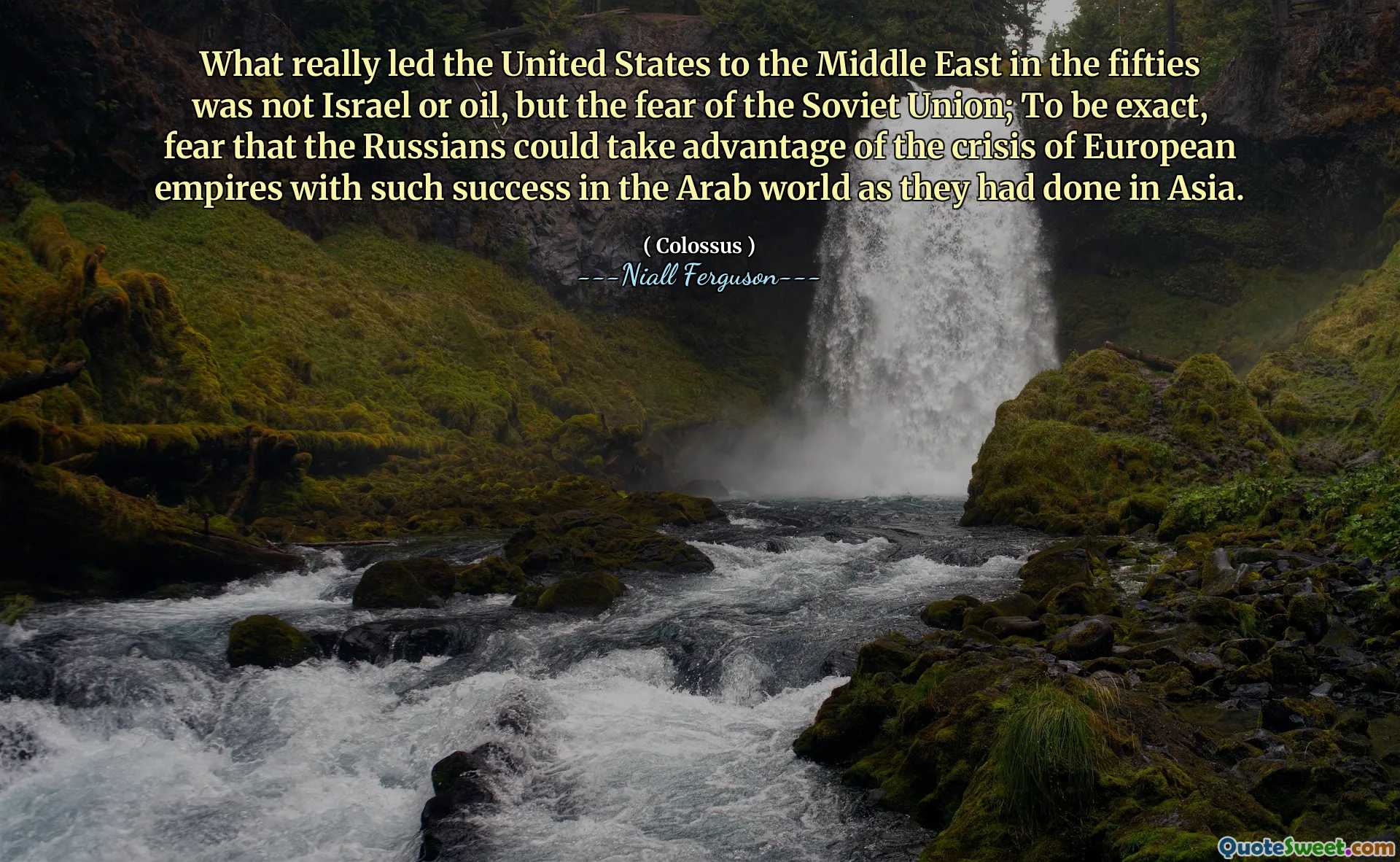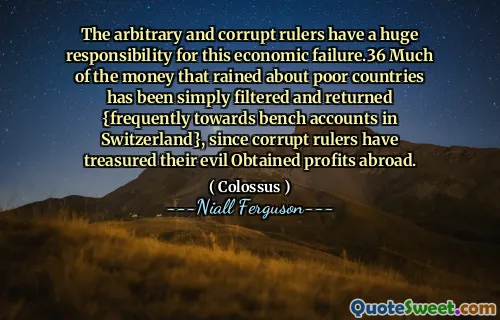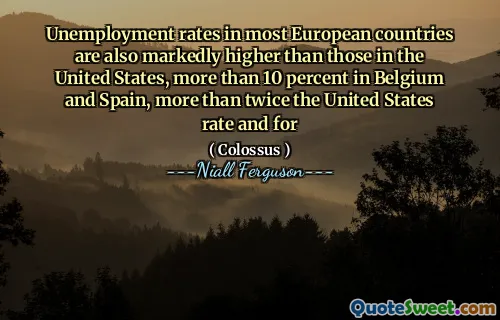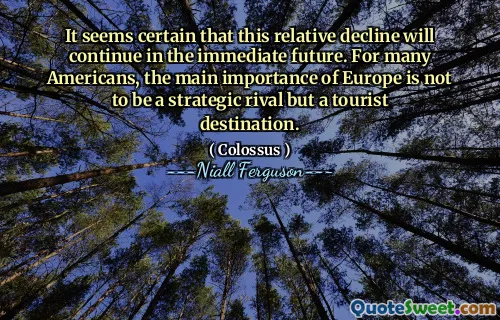
What really led the United States to the Middle East in the fifties was not Israel or oil, but the fear of the Soviet Union; To be exact, fear that the Russians could take advantage of the crisis of European empires with such success in the Arab world as they had done in Asia.
In the 1950s, the United States' engagement in the Middle East was primarily driven by the apprehension of Soviet influence rather than concerns about Israel or oil. As European powers faced crises with their colonial empires, the U.S. feared that the Soviet Union could exploit the situation to gain a strong foothold in the Arab world, similar to its successes in Asia. This geopolitical competition shaped U.S. foreign policy significantly during the period.
Niall Ferguson's book "Colossus" highlights that this strategic concern dictated American actions in the region, underscoring the central role of the Cold War dynamics in U.S. involvement. The likelihood of communism spreading through the Arab nations was perceived as a direct threat to U.S. interests, leading to a focus on establishing alliances and maintaining influence to counter potential Soviet expansion.











